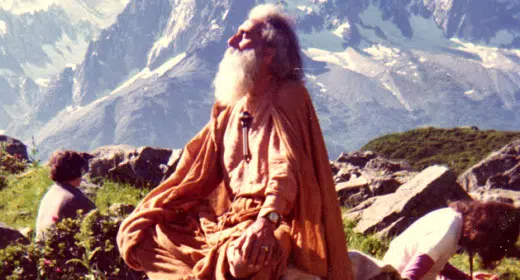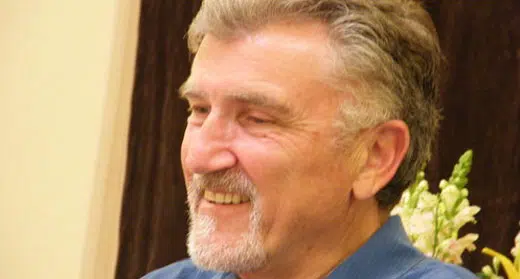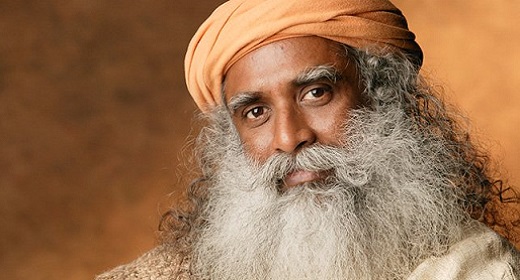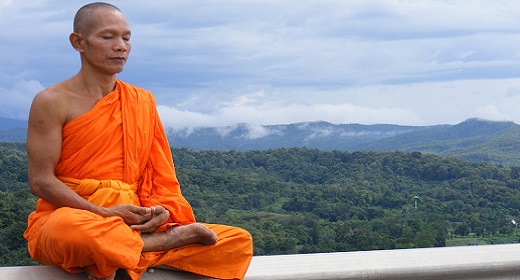by Arjuna Ardagh: I asked almost everyone I talked to while doing research for this book how they saw the state of the world. 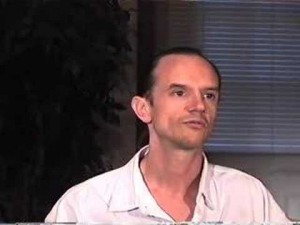 I discovered an interesting paradox. Translucents are extraordinarily nonfundamentalist, all right with things as they are and at the same time willing to do everything possible to make a difference. They take our global predicament very seriously and yet maintain a sense of humor about it all.
I discovered an interesting paradox. Translucents are extraordinarily nonfundamentalist, all right with things as they are and at the same time willing to do everything possible to make a difference. They take our global predicament very seriously and yet maintain a sense of humor about it all.
This does not mean that they suffer from violent mood swings – serious one day and laughing the next – but that the translucent view of the world is simultaneously deeply caring and accepting of whatever happens, at once funny and seriously kick-ass. Many of today’s most poignant political commentators are also comedians: writers such as Michael Moore emanate a palpable compassion and social conscience, while earning reviews like “hysterically funny” from the San Francisco Chronicle.
I asked Byron Katie about this a few years ago. We were both speaking at the No Mind Festival in Sweden, and she had just returned from Israel, where she shared The Work, for which she is famous. She had asked her hosts there to drive her over the border into the Gaza Strip. She described to me the tensions, the disoriented people. But there was none of the usual disgust or complaint in her voice that one expects in a description of human suffering. She talked about it as if it were a great film or beautiful painting she had seen and appreciated. After a while I got curious about her tone. Didn’t she care; didn’t she feel the people’s pain?
“How can I know it should be different than it is?” she replied. “Would it serve anyone for me to suffer about this?” Katie has obviously given up arguing with reality; she has no resistance to things as they are. Yet she travels the globe tirelessly. She makes a profound difference in people’s lives, without having any investment in saving the world.
The same was said about the Buddha, that he came to earth to dispel the suffering of all sentient beings, and he was only able to do such a sterling job at it because he could see that there were actually no separate beings and no real suffering. Like Katie, he could take care because he did not care; he could make the greatest difference because it made no difference to him.
I heard this view again and again as I talked to translucents from Iowa to India, from Sacramento to Stockholm. The certainty that things are perfect as they are, that the global situation is exactly as it needs to be, and the simultaneous recognition of great imbalance and the need for urgent change have become one view, presenting no contradiction. The ability to live within this paradox is of great importance to everyone who talked about it. To fall to one side, that things are perfect as they are, while negating the other, is to take a position of complacency and spiritual denial. To fall into the other side, and busy oneself only with urgent action, is to become trapped within and driven by [fear].
Much political and environmental action has gone on a downward spiral. A war on evil becomes an enactment of evil. Yet in the middle of this paradox lies the possibility to deeply care without caring, to take action without attachment to the outcome. When you don’t see any suffering anywhere, for the first time you can really alleviate suffering. When you see all things as perfect, you can begin to help them get better.


